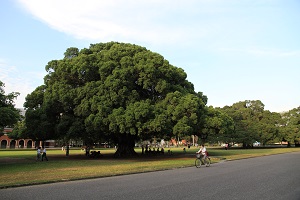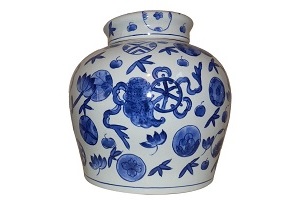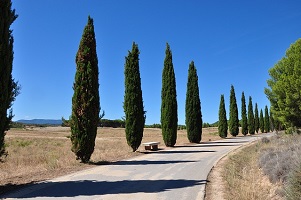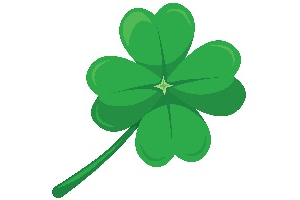The aloe vera is one of those plants that has “magical” healing attributes which can be used for almost all types of personal care.
We find them in hand lotions, body lotions, shampoos, skin care, moisturizers, etc. And the list goes on and on.
We even consume them in drinks, desserts, salads, and more.
It is often a suggested remedy by TCM practitioners for removing heat and reducing inflammation.
Yet people who have used aloe vera plant extracts and have never seen one might be surprised at how this magic plant looks like.
It is shaped like a miniature snake plant, has a thorny surface like a cactus, with thick succulent leaves like a crassula.
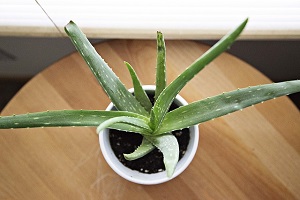
It’s almost impossible that one can expect it’s flowing juice which flows after snapping off it’s leaves to have such an all-encompassing healing properties.
And surely such a gift from mother earth would have good feng shui, right?
Good or bad feng shui
The aloe vera plant has a spiky form that ignites the fire element. Yet it’s elemental nature is that of wood.
It’s sharp leaves is not something you want emitting disruptive sha chi inside the house.
On top of that, it’s leaves are pretty hard, sturdy, and packs quite a punch. Pointy thorns line up at the sides of each aloe rind.
If you lose your balance and sits onto one, it is going to hurt unlike other plants with with softer body and leaves. It’s strong and sharp enough to cause bleeding.
So it’s not exactly a plant that is child-friendly. Curious kids might even eat the aloe vera juice for the fun of it without considering cleanliness and hygiene.
All these indicates that if you want to keep aloe vera at home, whether for it’s beauty or medicinal uses, place them outdoors. They can line up nicely with your other potted plants and create visual diversity that can also be more pleasing to the eye.
If placement has to be indoors, then keep them in corners where you don’t spend a lot of time in.
Keep them away from living rooms, bedrooms, and especially the dining area.
Having said that, small plants are not going to emit serious sha chi significant enough to be alarming. It’s just that someone with feng shui OCD might find that a little sha chi is a little too much.
This is why this plant should not be placed in the wealth area even though it is a good-nature plant.
Big aloe veras (which are not uncommon) are going to cause more drastic negative effects.
If you must have them, place them in the east, southeast, north or south to ensure that they are in harmony with the energy present in the space they reside.
Because of the medicinal nature of the plant, this can actually be ideal if any of the stated directional areas turn out to be one of the health areas in the house.
Finally, because the aloe vera plant is a healing plant, you’d want to avoid placing them in bathrooms… even if it’s meant to cleanse the air.
It’s just bad symbolism to mix the two together. You can leave that job to the golden pothos.



